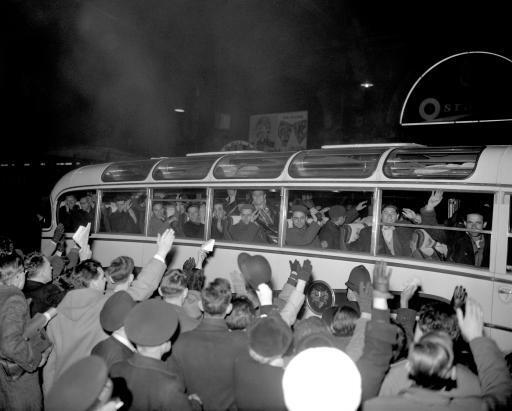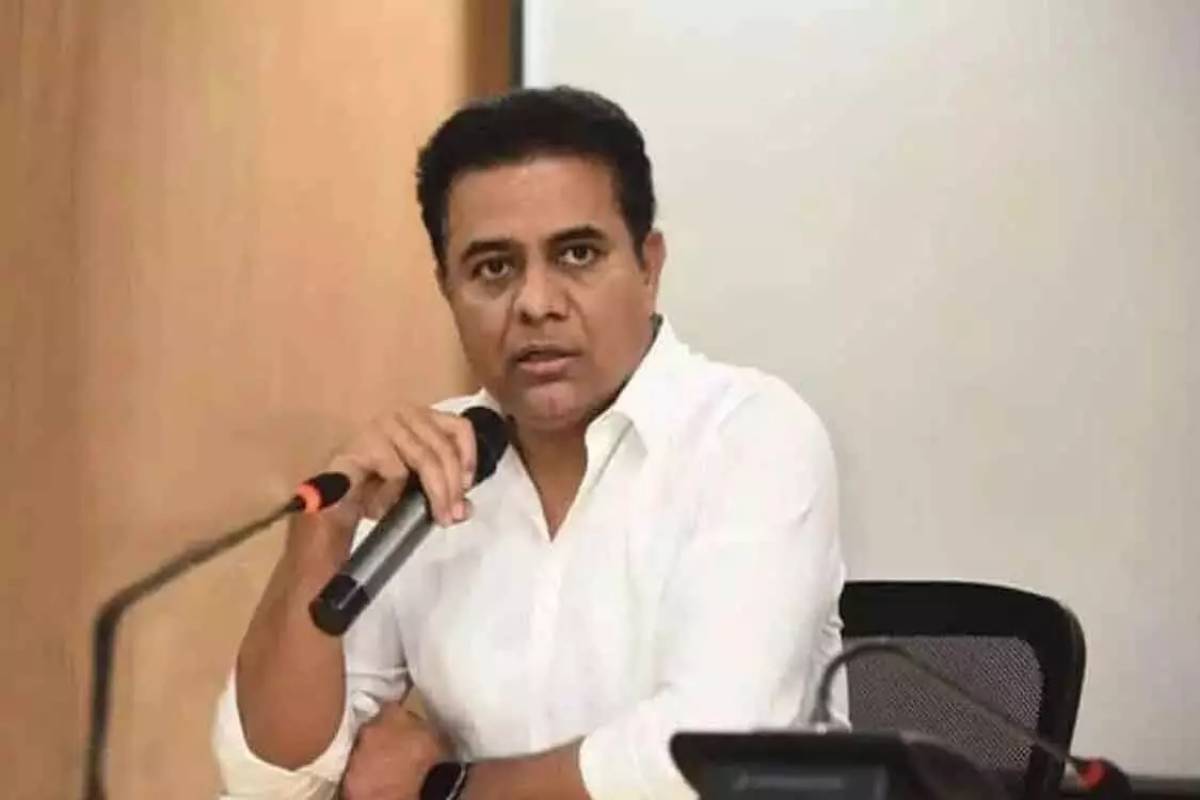
- Select a language for the TTS:
- UK English Female
- UK English Male
- US English Female
- US English Male
- Australian Female
- Australian Male
- Language selected: (auto detect) - EN
Play all audios:
After a two-day train journey across Europe and a stormy Channel crossing, our train of Hungarian refugees arrived at the army barracks in Aldershot. It was late afternoon on a bleak
November day in 1956. This was to be our temporary home for the next few weeks: army barracks turned refugee camp. Men and women were separated. We slept in enormous dormitories. The
following morning, we looked around the place. What to do first, that was the question. We agreed that our priority was to find someone to contact. There was one meagre chance. When my
wife’s mother let us leave, she gave us a “just in case” name: Miksa Oppenheim. Before the war the two families had known each other, often meeting in a summer resort close to Budapest. All
my mother-in-law knew was that shortly after the end of the war the Oppenheim family had emigrated to England where they had a son, George, already a Cambridge graduate. This was not much of
a lead, but we wanted to follow it up. Fortunately, by the good design of those in charge of this what-shall-we-do-with-these-refugees operation, there were a number of volunteers waiting
for us, some speaking perfect Hungarian. We gave the names to one of the helpers. “Do you have their address or their telephone number?” asked the helper. “Neither,” we said sadly, realising
that to know a man’s name in a country of 50 million people might not be enough to find him. An hour later the helper came back. He had located the Oppenheims, father and son, in the London
telephone directory. He managed to talk to Mr Oppenheim Senior, who remembered my wife’s maiden name and promised to come to Aldershot as soon as he could. “Can I do anything else for you?”
asked the helper. We thanked him profusely and told him that the next thing was to find jobs, but he couldn’t really help with that. Three hours later Miksa Oppenheim appeared in person. It
took ten minutes to arrange with the camp administration that from now on he would look after us. We could leave because we already had a so-called alien certificate, that served as a
passport for the next six years. We were taken to the house of Mr George Oppenheim in Barnet where we spent the next six weeks. On day three, Mr Oppenheim Senior took me to Central London to
a government agency called The Technical and Scientific Register. They told me to fill a few forms and asked what kind of problems I had worked on in Budapest, trying to understand what a
Hungarian PhD in electrical engineering might be worth. The whole thing lasted 20 minutes. By the time I got back to George Oppenheim’s house, they had already received two telephone calls
asking me to attend interviews, with English Electric in Chelmsford and Siemens in London. Before the day was out another electric company, Standard Telephone and Cables, showed interest.
They were also in North London so I could go to see them the next day, day four. That was a genuine interview. I was there for several hours and talked to several engineers. The language
problem was not as serious as I had expected. I could read English, but up to that time had never heard natives speaking the language. The problems were overcome by repetition, by writing a
sentence upon a piece of paper or adding a word or two in another language. We agreed that I could contribute to their work in designing radar antennas. Before I left, I had one more session
with one of the men higher up in the administration. He was very friendly, wished me good luck in England, told me that they were happy to offer me a position, but he believed that I would
be better off at Standard Telecommunications, the research laboratory of the IT&T empire of which Standard Telephone was also a subsidiary. He had already taken the liberty of making an
appointment for me. “They are in Enfield, quite close to here. Are you interested?” he asked. “Very much so,” I replied. Day five was spent at Enfield. From the first minute it was obvious
that this was the place for me. The offices and labs were a bit crowded, but, if you’ll pardon the pun, the whole place was electric. It felt alive. My future boss was deeply interested in
mathematics. He had already written two books, one on some branch of engineering and one on pure mathematics. This was my moment to show him the reprints of two scientific papers I already
published in English in a Hungarian periodical. I had been carefully guarding these 16 pages ever since leaving Budapest. He took them from me and had a quick look at them. “Good”, he said.
“You’ll fit in well. When would you like to start?” I wanted to be realistic. “I know it is too late today,” I said. “Tomorrow?” I proposed wistfully. “Sorry, I can’t do that,” he said.
“What about Monday, in five days’ time?” I was disappointed but tried not to show it. To soften the blow of such lengthy unemployment, he offered me a lift to the house of George Oppenheim
and assured me that a job offer in writing would soon follow. The next few days would have been uneventful, but for George’s sense of humour. When he called his friends, he always started
with a deep voice, and said: “This is Scotland Yard speaking.” On one of these days of idle waiting the telephone rang. Magda, George’s wife, was in the garden. I picked up the receiver. I
heard: “This is Scotland Yard speaking”. I replied in Hungarian, “Do you want to talk to Magda?” I heard some words in English which I took to mean that he would ring later. He put down the
receiver. Half an hour later the bell rang. It was the front door. Two detectives from Scotland Yard wanted to talk to me. I had another thorough interview. One of the detectives knew quite
a lot of electronics. They wanted to know in detail what I had done in Hungary since my graduation. I told them. Day 10 arrived, the day when I started to work at Standard Telecommunications
Labs. I stayed there for nine years. Even from a distance of 65 years, I am still impressed by the reception we had in England. There was tremendous sympathy for Hungarian refugees.
Everybody, literally everybody, from janitors to Professors of Physics, was helpful. And I shall always be grateful to the Oppenheims, father, son, and their wives, that they made it
possible for me to have immediate access to the Technical and Scientific Register. Not only that, but they kindly sustained the best combination of English and Hungarian cuisine. Good times
indeed. A MESSAGE FROM THEARTICLE _We are the only publication that’s committed to covering every angle. We have an important contribution to make, one that’s needed now more than ever, and
we need your help to continue publishing throughout the pandemic. So please, make a donation._





